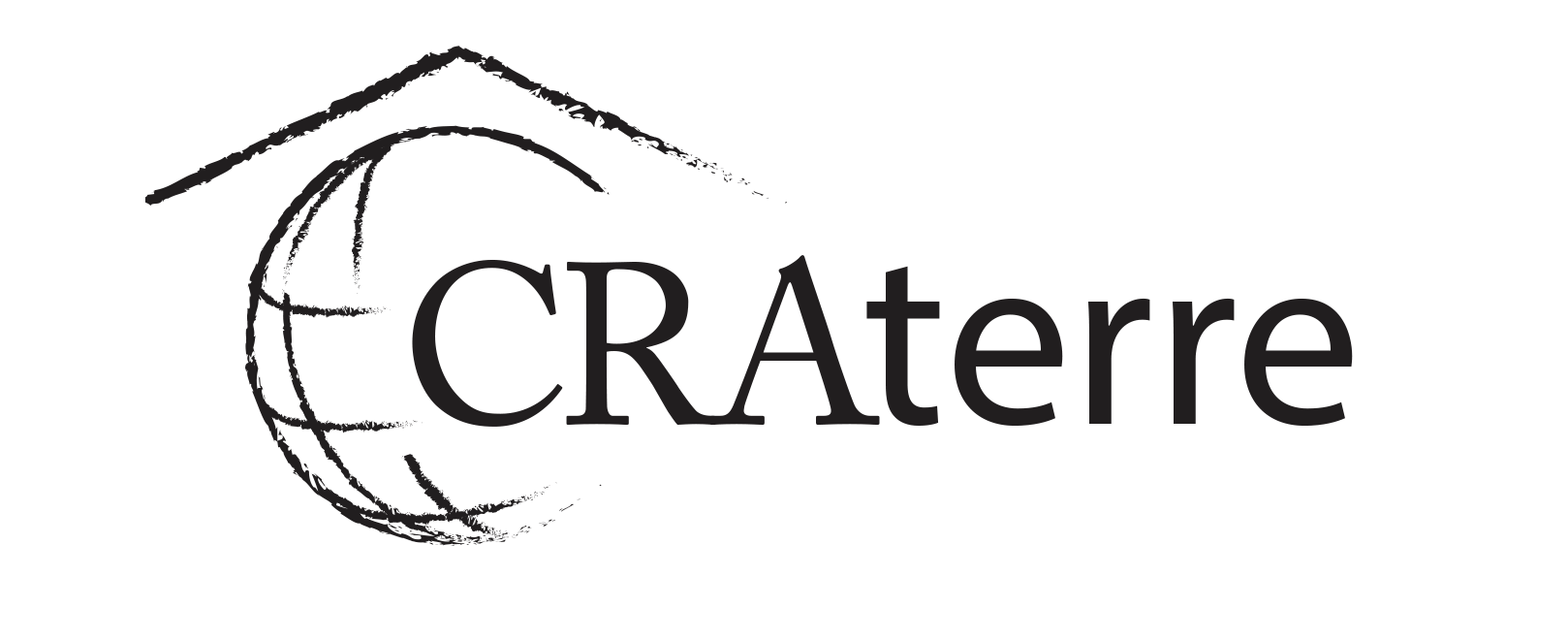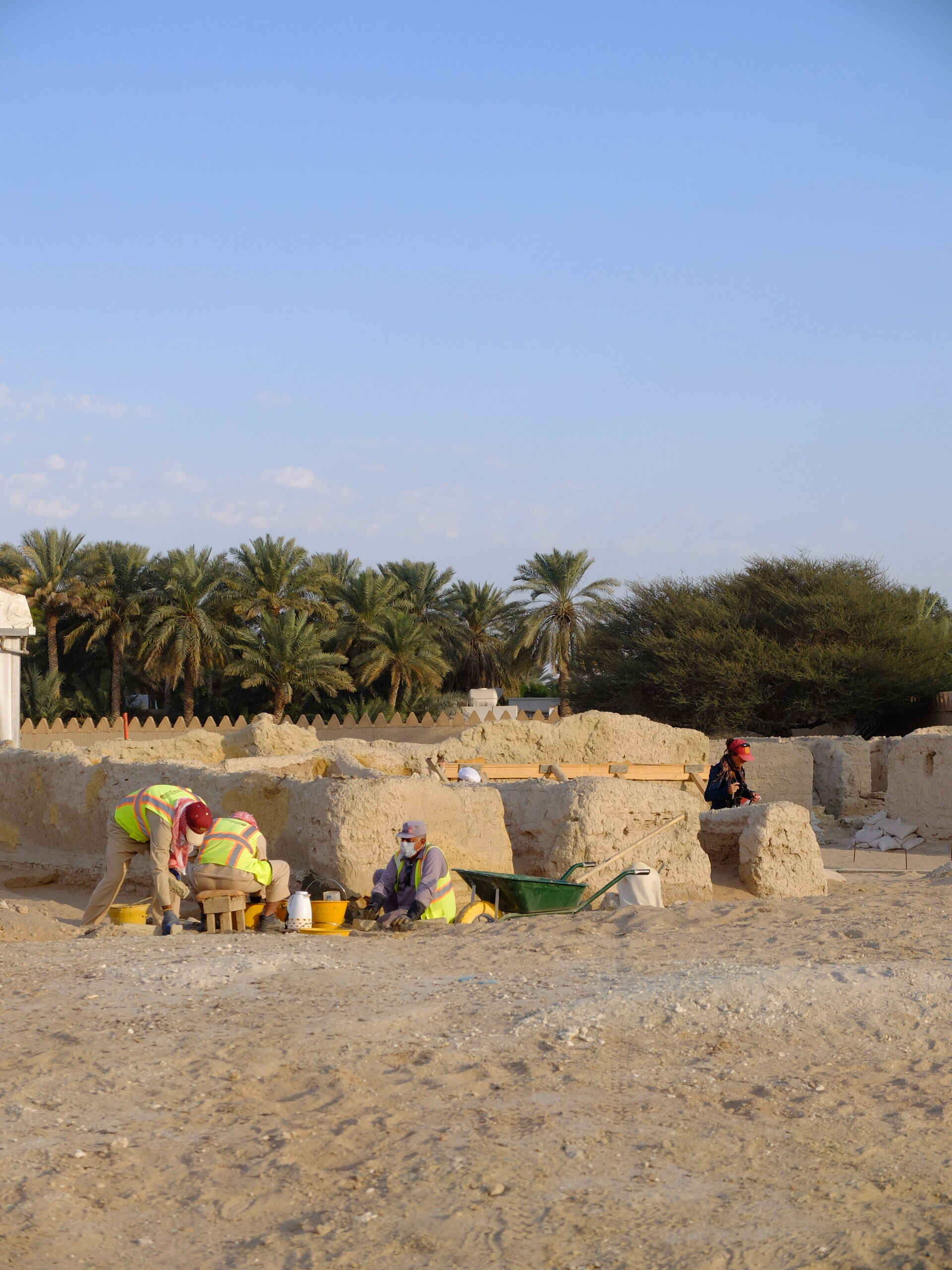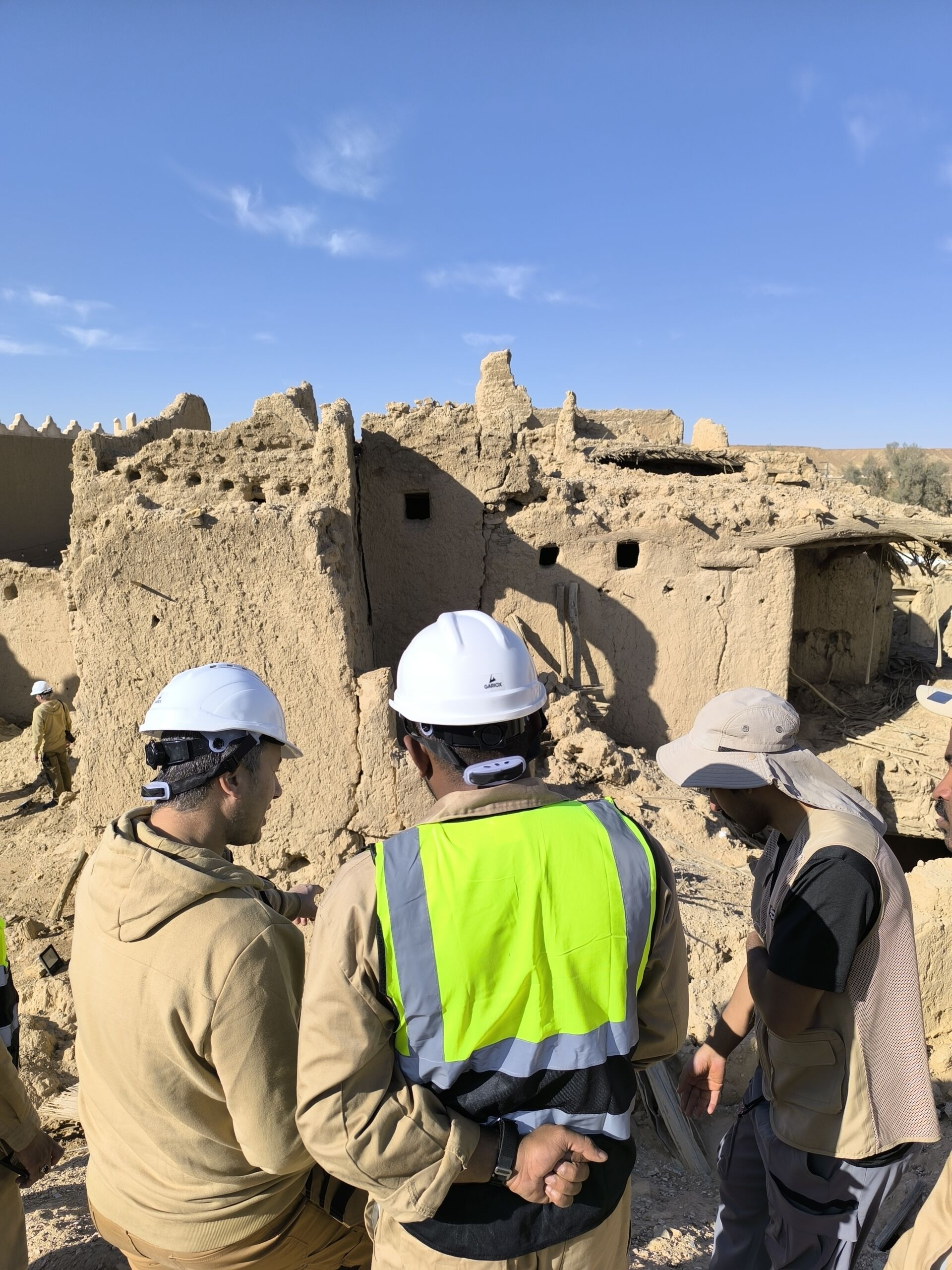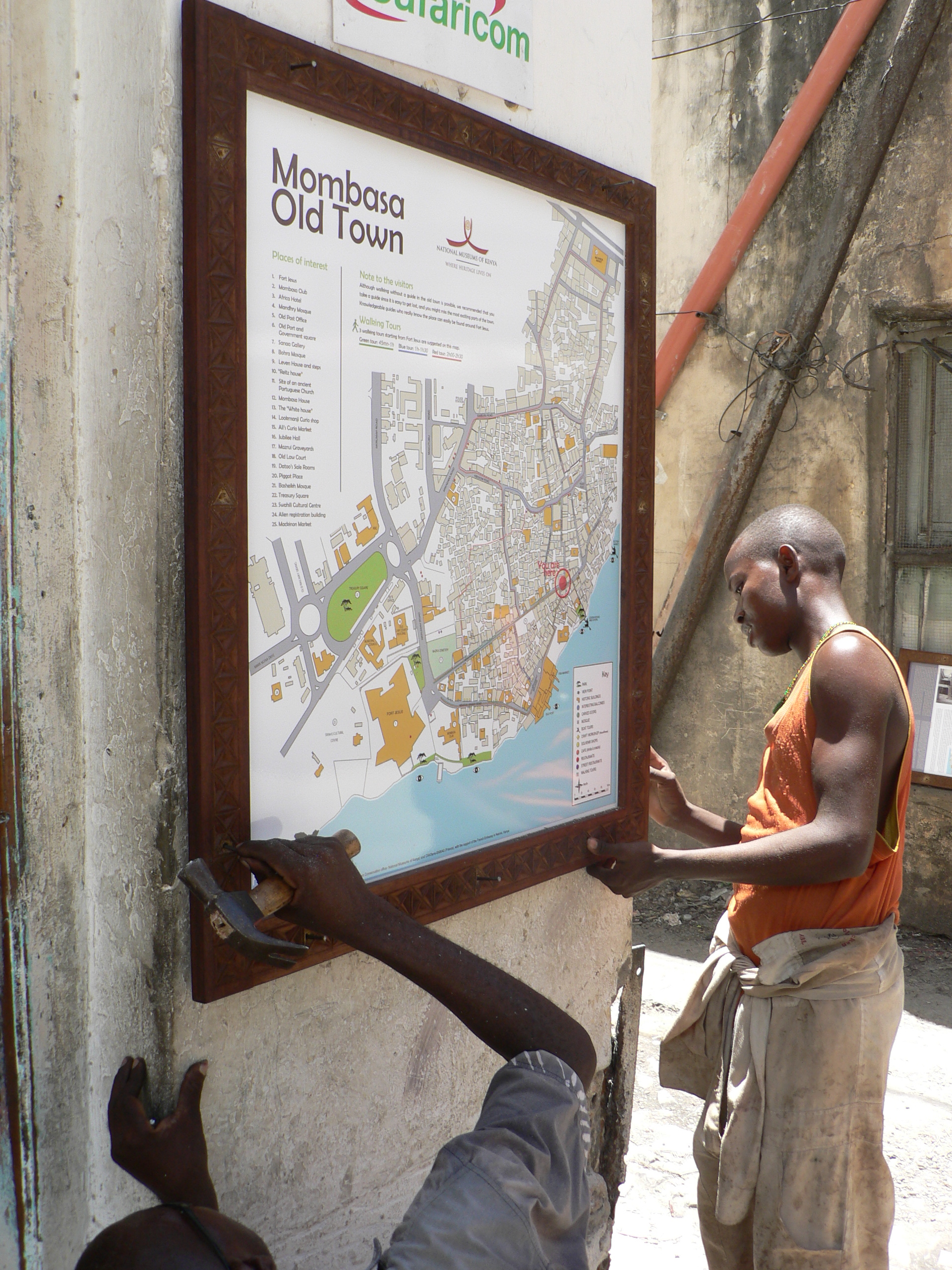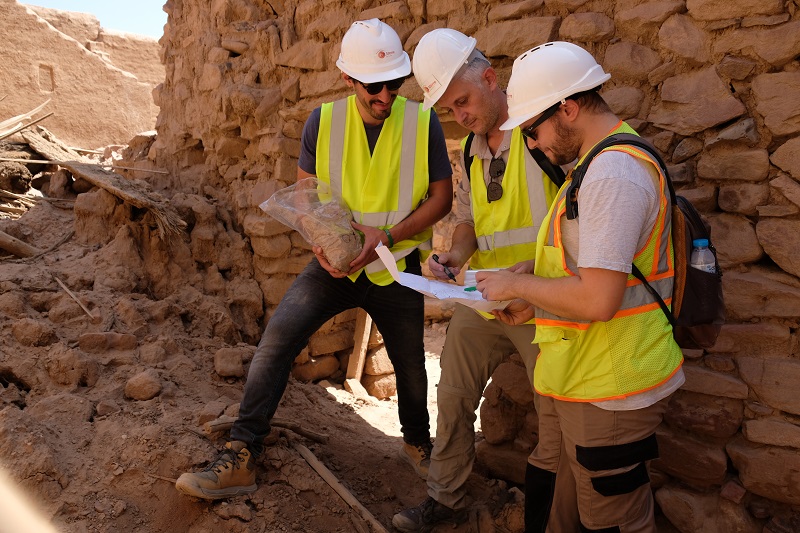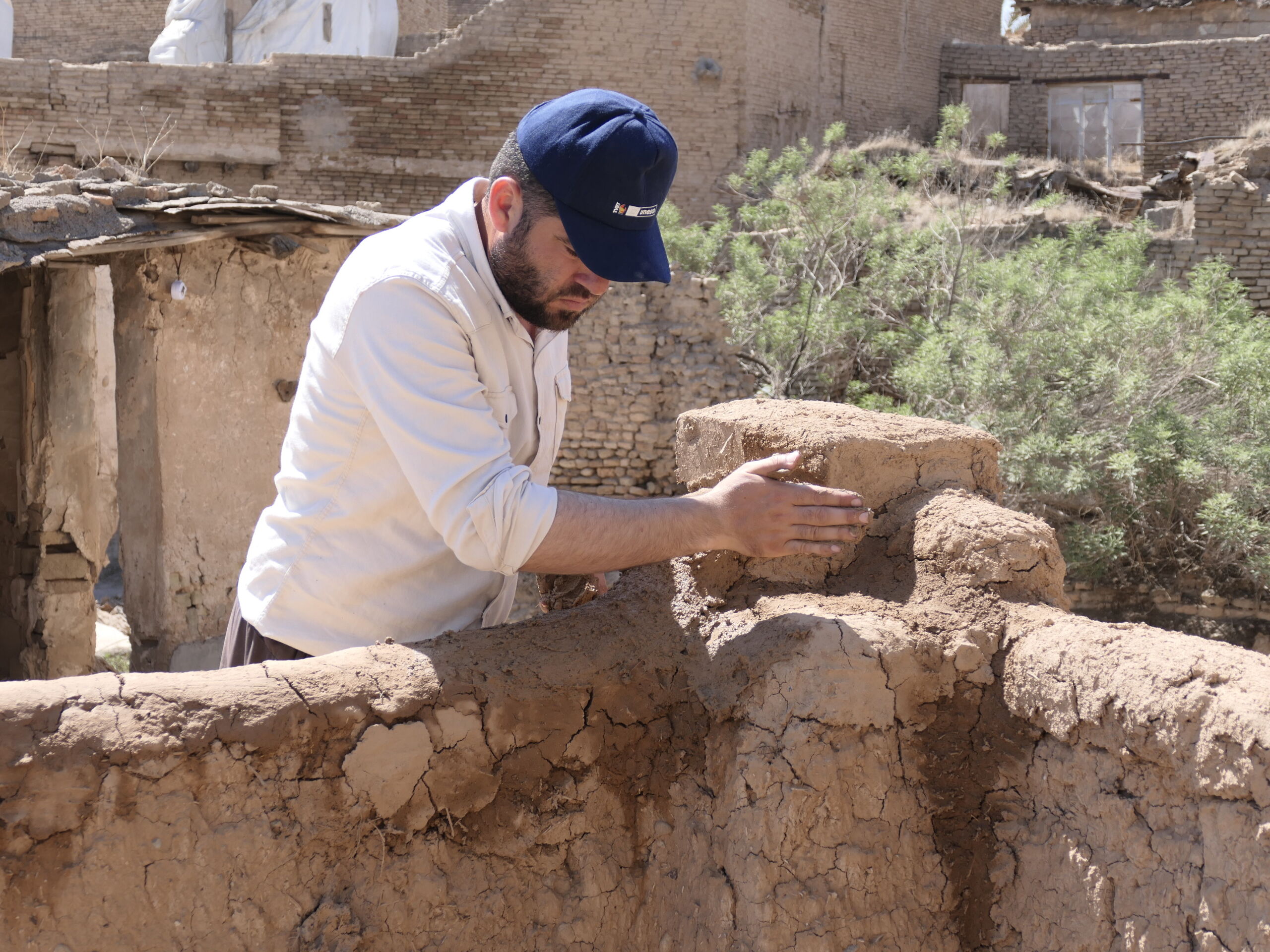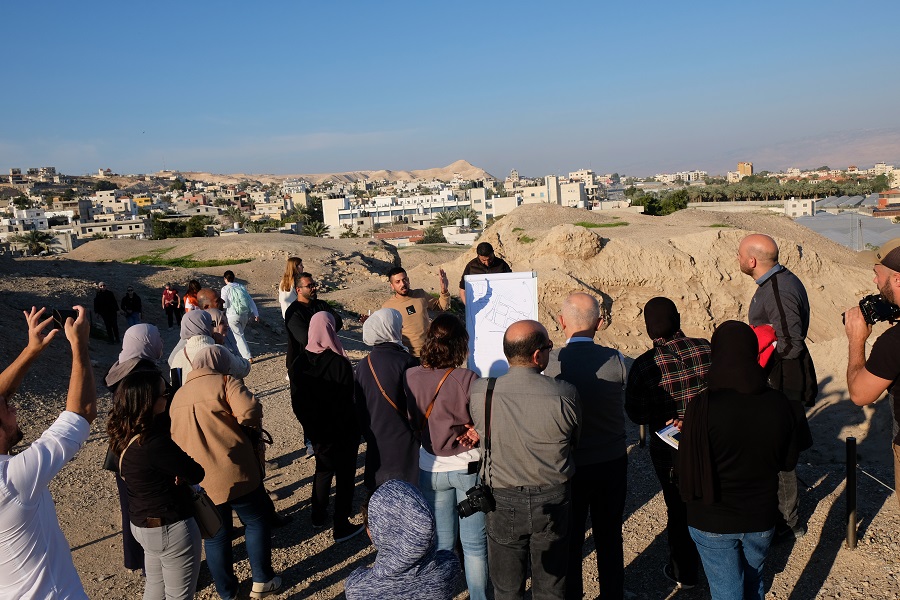Heritage
Earthen architectural heritage reflects the ability of people to adapt to the diverse natural, social, cultural, and economic contexts of our planet. Highlighting the creativity of these architectures and the cultural landscapes they have shaped allows us to draw inspiration from the past in order to better plan for the future.
The heritage unit of CRAterre association is dedicated to studying these architectures in both their tangible and intangible dimensions, with the aim of preserving resources and improving the well-being of all.
The Heritage unit focuses its activities on 4 main areas
- 1
Heritage conservation
- 2
Archaeology and conservation
- 3
World Heritage
- 4
Heritage and development
Skills and services
The heritage unit offers its expertise in the following areas:
Our approach
The notion of heritage is understood here in its historical and cultural diversity, with references ranging from the Neolithic period to the most contemporary times, in geographical contexts that are either close by or very distant. Heritage is studied in its material (materials, buildings, landscapes) and immaterial (knowledge, know-how, organisation-management) facets in relation to the specific characteristics of the places in which it was built. The aim is to recognise and understand the architectural qualities and values of heritage, then to identify its potential for enhancement, including for the design of any new projects.
Local resources at the heart of actions
A participatory approach is a constant concern in field projects. Strengthening capacities by relying on local human and material resources fosters autonomy in management as well as sustainable local conservation of sites. Involving communities in the diagnosis and conservation of heritage enhances their sense of belonging and pride, and encourages them to envisage bright perspectives in which heritage plays a central role.
Heritage at the centre of local development
Although architecture is at the heart of our activities, we aim to go beyond simply preserving built heritage. By placing culture at the centre of our development initiatives, we ensure that local communities and stakeholders are the primary beneficiaries of the actions taken to protect their heritage. This helps to promote local identities and strengthen cultural diversity, which is essential to the fulfilment of our society.
Vernacular heritage as a source of inspiration
In a globalised context with easy access to industrial materials, urban and architectural projects that lack coherence with their territory have become the norm. Vernacular architecture constitutes a genuine source of inspiration for contemporary eco-responsible architecture, combining cultural expressiveness with harmony within the natural environment. We strive to promote the environmental, cultural, and socio-economic coherence that these architectures maintain with their territories and pay tribute to them in our contemporary designs.
